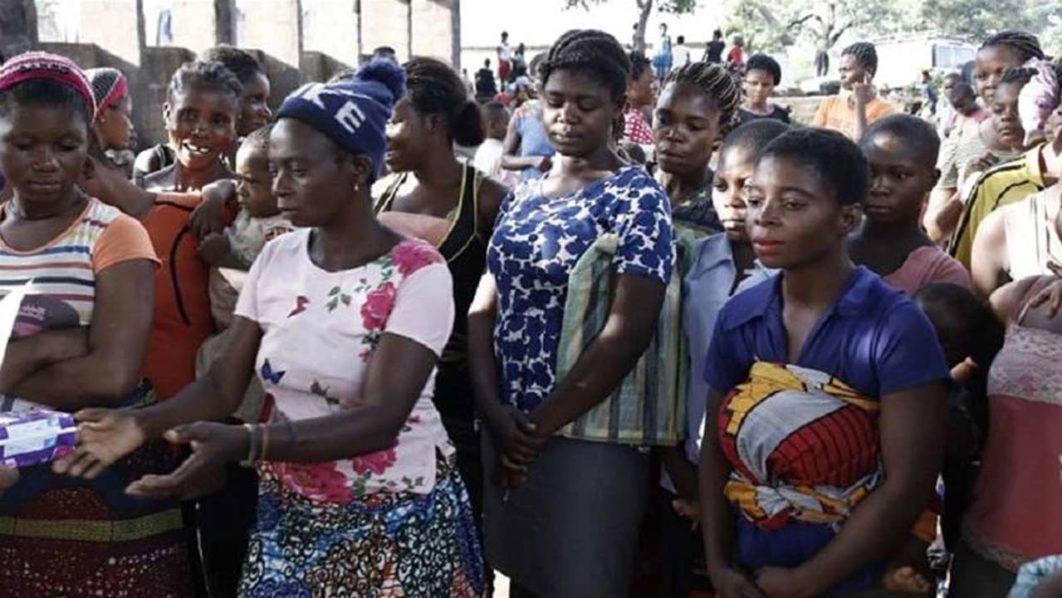
Commission blames COVID-19 lockdown for carnival debts
European Union and United Nations (EU-UN) Spotlight Initiative has instituted a special surveillance team in Cross River State to check harmful cultural practices against women.
Some of the practices, which the people of Obanliku, Calabar South, Calabar Municipal and others agreed to discard, include child/forced marriage, fattening room and Female Genital Mutilation (FGM).
Thus two workshops by the state’s Ministry of Women Affairs, in collaboration with National Orientation Agency (NOA), the initiative, traditional rulers, among others, pledged to stop harmful practices against women.
To ensure full compliance to the resolutions, the United Nations Children’s Fund (UNICEF) Child Protection Specialist, Victor Atuchukwu, after the dialogues in Calabar and Obanliku, told The Guardian yesterday that the Spotlight Initiative, in collaboration with the affected communities, was emplacing a team of eight indigenes.
The paramount ruler of Obanliku, Chief Amos Itah, and the representatives of 16 communities, acknowledged the supremacy of the law over culture.
Represented by Chief Ukama Gabriel, the king said: “We condemn the culture of money marriage and widowhood inheritance, while agreeing to support girls’ education, to name, shame and report perpetrators of all forms of violence against women and children to the police, and to allow the voice of women to be heard in the processes of decision making.”
In Calabar South, the council chairman and the monarchs also agreed to do away with harmful cultural practices against women.The chairman, Mrs. Esther Bassey, said: “We will go street by street, ward by ward, using our councillors and supervisors to send the message down to the women because I am very particular about this violence against women, though our male children are also involved.”
MEANWHILE, the Calabar Carnival Commission is blaming the lockdown induced by COVID-19 for the delay in payment of vendors that participated in the 2019 carnival, seven months after.
Some vendors had raised the alarm over the matter, after several appeals to Governor Ben Ayade to pay them. They claimed that the commission had forwarded the audited copy of the bills to the governor since January.
The travel agent that handled the air tickets of diplomats that participated in the carnival, Akor Otobo, lamented that the loan he obtained from a commercial bank to execute the contract was accumulating more interest.
He said the commission had requested him to write Turkish, Egyptian and Emirates airlines for tickets of the foreign participants to the tune of N8.54 million, which he did on trust.
But chairman of the commission, Mr. Gabriel Onah, told The Guardian that they were processing the payments before the lockdown. He said the Due Process office had just finished its reviews and made recommendations to the governor, awaiting his final approval.



